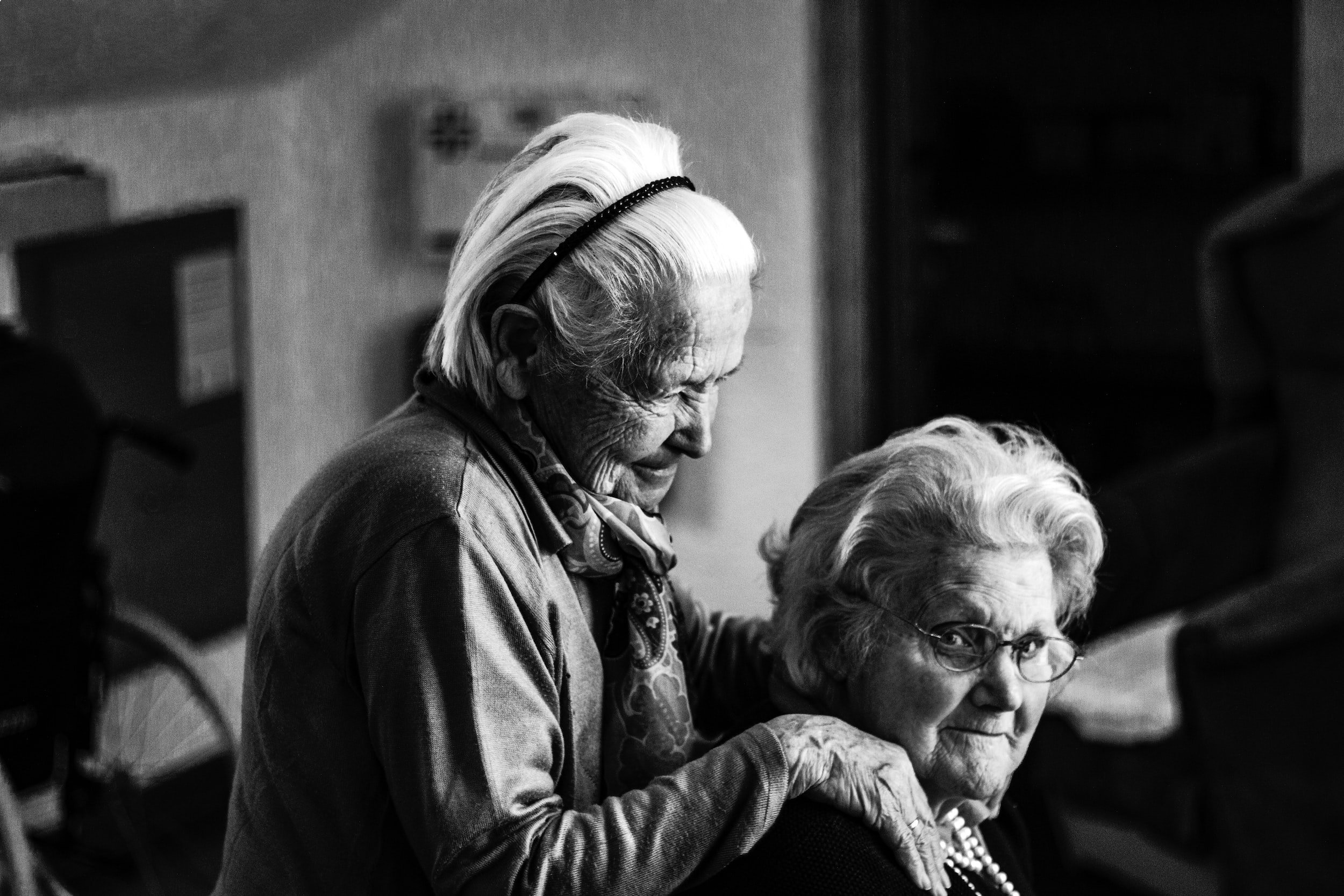Hyesung Oh, Elizabeth M. White, Ulrike Muench, Christopher Santostefano, Bishnu Thapa, Cyrus Kosar, Emily A. Gadbois, Zainab Toteh Osakwe, Pedro Gozalo, Momotazur Rahman
Abstract
INTRODUCTION
Older adults with Alzheimer's disease and related dementias (ADRD) often face burdensome end-of-life care transfers. Advanced practice clinicians (APCs)—which include nurse practitioners and physician assistants—increasingly provide primary care to this population. To fill current gaps in the literature, we measured the association between APC involvement in end-of-life care versus hospice utilization and hospitalization for older adults with ADRD.
METHODS
Using Medicare data, we identified nursing home- (N=517,490) and community-dwelling (N=322,461) beneficiaries with ADRD who died between 2016 and 2018. We employed propensity score-weighted regression methods to examine the association between different levels of APC care during their final 9 months of life versus hospice utilization and hospitalization during their final month.
RESULTS
For both nursing home- and community-dwelling beneficiaries, higher APC care involvement associated with lower hospitalization rates and higher hospice rates.
DISCUSSION
APCs are an important group of providers delivering end-of-life primary care to individuals with ADRD.

